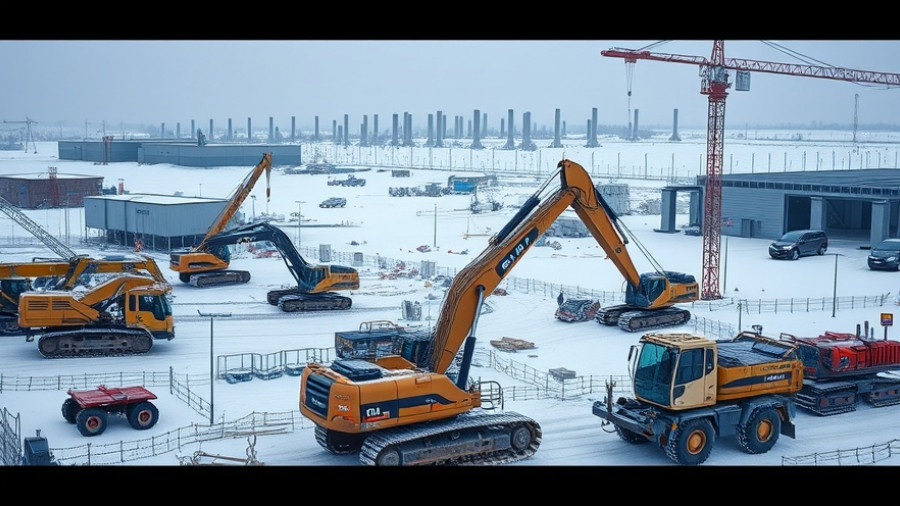
Contractor Qualification: Understanding Its Critical Importance
As the year 2025 progresses, the construction sector is facing unprecedented challenges in risk management, particularly concerning contractor qualification. No longer can businesses afford to coast along outdated safety measures; the shift to meaningful qualifications is stark and essential. Contracting work increasingly demands that firms verify skills and compliance, marrying today's heightened safety expectations with operational efficiency.
The Reality of Today's Construction World
Indeed, the shift from mere compliance to a culture of accountability within construction sites has become paramount. Modern owners and general contractors view safety outcomes as a necessary indicator of a contractor’s competence, enhancing not just workplace safety but also their bottom line. According to industry insights, the growing reliance on contractors, who now represent a significant portion of the labor force, amplifies the need for detailed real-time qualifications. Owners must ensure global safety standards are met while meeting local regulatory demands.
Adapting to Advanced Qualification Processes
What does effective contractor qualification look like in this brave new world? It encompasses up-to-date verification of essential documents, such as Certificates of Insurance and safety records specific to job site conditions. This shift to tailoring the qualification process embodies a mindset where documentation is not merely checked off but engaged with meaningfully by all stakeholders—safety teams, managers, and contractors alike. This ensures every contractor’s potential contribution is maximized while minimizing risks.
The Need for Diversity in Qualification Methods
However, the industry still wrestles with an over-reliance on antiquated one-size-fits-all systems, often leading to inefficiencies and contractor frustration. A cursory check of regulatory papers isn’t enough when the stakes include worker safety and project investment. Different projects require varied qualifications—what works for a marble installation will not be appropriate for heavy machinery operations. Consequently, they can lead to unnecessary pushback from qualified contractors outright unwilling to engage with ineffective systems.
Concluding Thoughts on Future Contractor Expectations
As we look towards the future, one thing is for sure: contractor qualification processes must evolve to meet the changing demands of the construction landscape. As stakeholders push for a seamless blend of safety, efficiency, and compliance, it will require innovative strategies steeped in real-time readiness and ongoing training tailored to the job at hand. Ignoring these dynamics could spell disaster in a global market demanding ever higher levels of professionalism and accountability.
 Add Row
Add Row  Add
Add 




Write A Comment